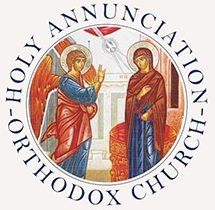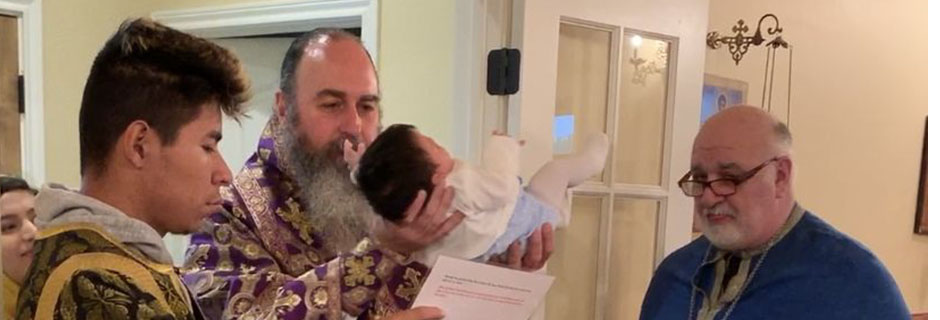 21-09-2014
21-09-2014The Nicene Creed is the essential statement of the Orthodox Faith.
I believe in one God, the Father Almighty, Maker of heaven and earth, and of all things visible and invisible;
And in one Lord, Jesus Christ, the Son of God, the Only-begotten, Begotten of the Father before all ages, Light of Light, True God of True God, Begotten, not made, of one essence with the Father, by Whom all things were made:
Who for us men and for our salvation came down from heaven, and was incarnate of the Holy Spirit and the Virgin Mary, and was made man;
And was crucified also for us under Pontius Pilate, and suffered and was buried;
And the third day He rose again, according to the Scriptures;
And ascended into heaven, and sitteth at the right hand of the Father;
And He shall come again with glory to judge the living and the dead, Whose kingdom shall have no end.
And I believe in the Holy Spirit, the Lord, and Giver of Life, Who proceedeth from the Father, Who with the Father and the Son together is worshipped and glorified, Who spoke by the Prophets;
And I believe in One, Holy, Catholic and Apostolic Church.
I acknowledge one Baptism for the remission of sins.
I look for the Resurrection of the dead,
And the Life of the age to come. Amen.






